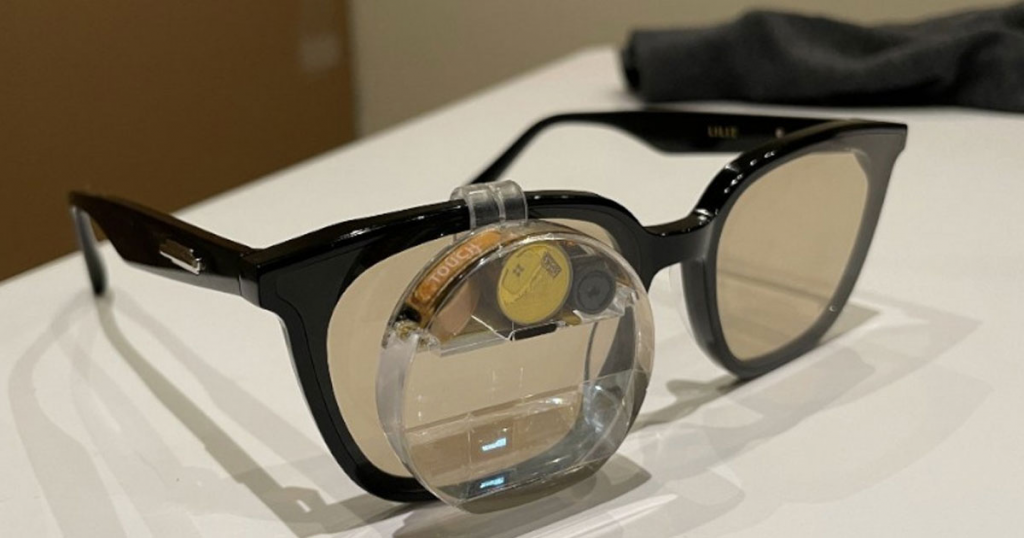The development of artificial intelligence (AI) has been advancing rapidly in recent years, with various applications being explored and tested. One such application is the use of smart glasses that can display the output of large language models such as OpenAI’s GPT-4.
Researchers at Stanford University have created a pair of these glasses, called rizzGPT, which utilize GPT-4 large language model to help with job interviews or even dating by providing real-time coaching.

These smart glasses offer “real-time Charisma as a Service” and listen to conversations, suggesting the next thing to say, Stanford student Bryan Hau-Ping Chiang explained in a tweet.
“Say goodbye to awkward dates and job interviews,” Chiang wrote.
The glasses were created using a Brilliant Labs monocle-like device that can attach to any glasses and features a camera, microphone, and high-resolution display to output text generated by GPT-4.
Furthermore, the device uses OpenAI’s speech recognition software, Whisper, to directly feed speech to the chatbot for generating responses.
While the idea of smart glasses that offer real-time suggestions during conversations may seem promising, entirely relying on them to guide interactions is not a good idea. As demonstrated during the demo, the glasses have limitations and room for improvement before they can be seamlessly integrated into real-world scenarios.

While the technology shows promise, it’s important to remember that human communication is about more than just words, and relying too heavily on AI-generated text could have unintended consequences.
Nonetheless, the ongoing development of AI-assisted communication technology is something to keep an eye on, and it will be interesting to see how it evolves in the years to come.


